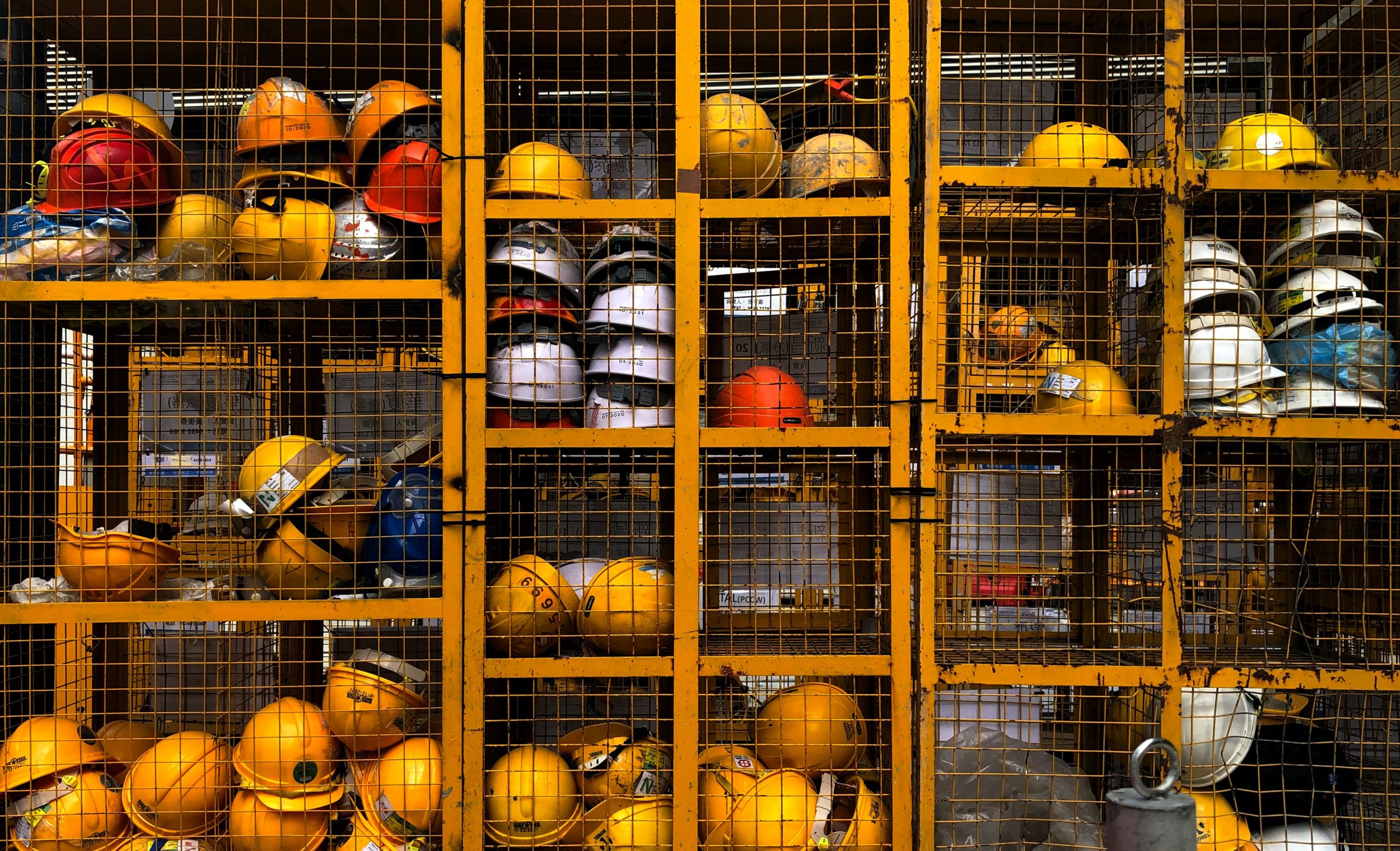If we take a look at the construction industry as a whole, things appear to be on the up and up. Across the country, new jobs are being added by the tens of thousands month after month. In fact, the U.S. Bureau of Labor Statistics estimates that nearly three-quarters of the jobs that had been lost over the past year as a result of the coronavirus have been recovered at this point.
In this article, we will dig into the data a bit deeper to see what the real takeaways are, and how this can help you plan for your business in the upcoming months.
Jobs are up in all categories
Across the entire category of construction – from nonresidential building to specialty trade contractors to heavy and civil engineering – all subcategories are seeing more open positions begin to pop up every day. This means that individuals and companies alike are starting to try to get their projects back on track, even though they may still be hurting financially.
Critically, this could mean that competition for top talent will be fierce, considering that many qualified candidates may still be out of a job. Be prepared to make fast hiring decisions and offer benefits such as child care, which could be particularly important to applicants during this time when many learning and after-school programs are taking place virtually.
Progress varies greatly by state
One of the biggest findings in this study was that the job increases were not consistent by state. In fact, many states such as Vermont and Iowa have still not bounced back from big losses. States like South Dakota and Utah, on the other hand, have been adding jobs at a higher-than-average rate. If you are having a difficult time finding top talent, do a little bit of research and consider expanding your search to an area that may have a surplus of qualified construction workers.
The future remains unclear
One thing we know for sure is that we really know nothing for sure. There is no telling when the job market will be back to where it was before the coronavirus. What does this mean for planning your short and long-term business strategy? It means that you need to be flexible. Focus on strengthening existing contracts, and finishing up open projects in case we go into another unforeseen lockdown. Beyond that, focus on keeping your staff, your clients, and yourself healthy.
Photo by Pop & Zebra on Unsplash









